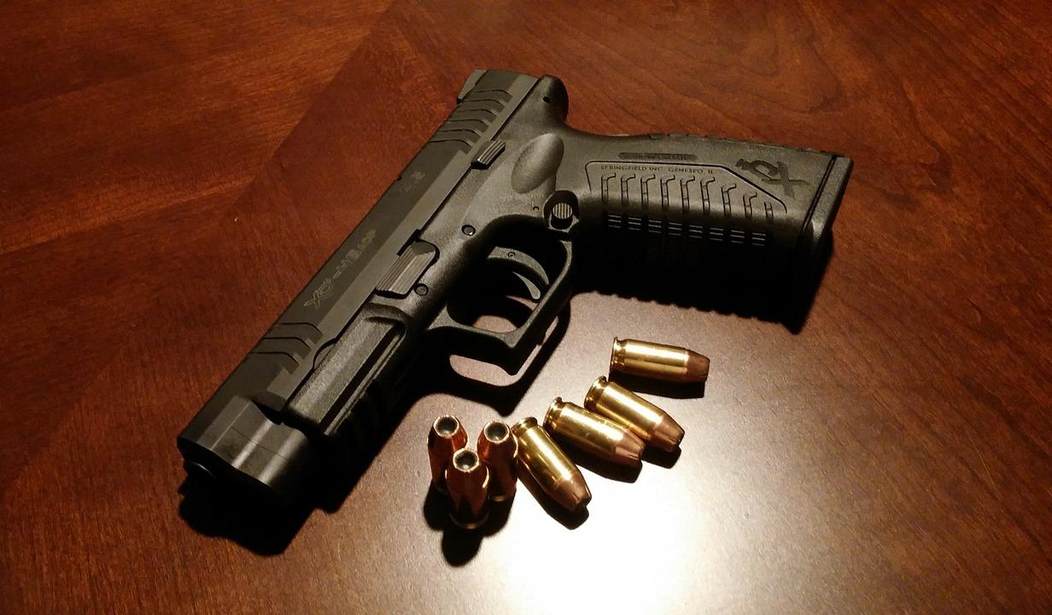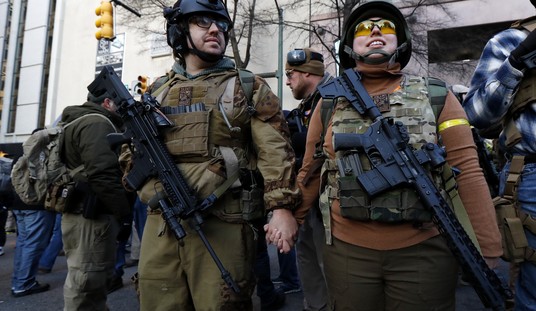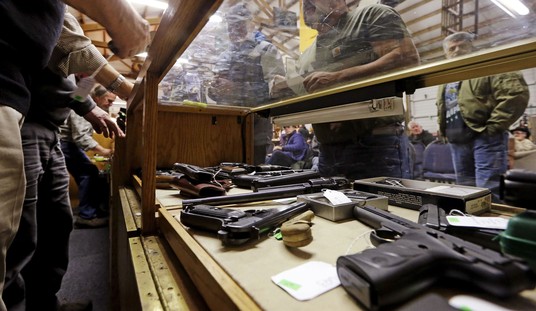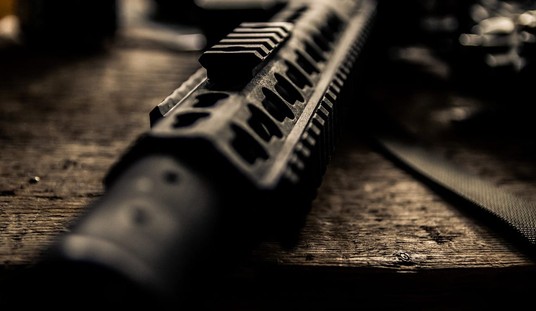In the wake of any mass shooting, we hear a lot about gun control. Proponents of it argue we simply need to embrace it to make such shootings a thing of the past.
It just hasn’t worked out for them.
Over at Axios, they decided to lament this fact by pointing out all the times gun control failed to materialize after a mass shooting.
What they miss is that there’s a reason it didn’t pass in pretty much all of those cases.
Sandy Hook, December 2012
- After the shooting at Sandy Hook Elementary School in 2012, in which 26 victims — including 20 children — were killed, Congress proposed a bipartisan bill expanding background checks for gun buyers, a ban on assault weapons and a ban on high-capacity gun magazines.
Part of the reason that didn’t pass was that the killer didn’t purchase his gun. He murdered his own mother and took an AR-15 that she lawfully purchased–and underwent and passed a background check for–to use it to carry out that particular atrocity.
Expanding background checks wouldn’t have prevented such an attack.
Charleston church, June 2015
- When a white man opened fire at a Black church congregation in Charleston, South Carolina, killing nine people, Democrats proposed legislation to tighten background checks.
- Democrats sought to eliminate what became known as the “Charleston loophole,” which allows people with incomplete background checks to purchase guns after three days, Politico reports.
And that remains because going beyond those three days is too much of an infringement on people’s Second Amendment rights.
What people have to remember is that the three-day window was put in place to appease gun rights advocates who worried that people could be long-term denied the ability to purchase a firearm simply because their background checks never came back.
The three-day window remains because no one trusts the government enough to take it away.
San Bernardino, December 2015
- A shooting at a San Bernardino County Department of Public Health holiday party killed 14 people and injured 22 others.
- One day after the shooting, the Senate rejected two gun control proposals introduced by Democrats on background checks, the Washington Post reports.
California pass universal background checks in 1991. The killers in this case still acquired weapons illegally and without undergoing a background check.
Why pass more of what clearly didn’t work?
Pulse Nightclub, June 2016
…
- The proposed bills would have prevented people on the federal terrorism watch list from buying guns and closed loopholes in background check laws, per the Times.
And that one failed because there’s no due process on the terrorism watchlist. You can be added for any reason and aren’t told you’re on it. Getting yourself removed is a nightmare.
Plus, the terrorism watch list is a list of names. There are no other identifiers. So if a terrorist named Tom Knighton exists somewhere on Earth, I don’t get to purchase a firearm under this rule.
Yeah, it’s an absolute mystery why this didn’t pass.
Look, you’re starting to see how this goes, and Axios does continue.
For example, they bring up Atlanta and how background check bills didn’t pass despite President Biden calling for just that, but the shooter in that one actually passed a background check. They tie this to Boulder, but he also passed a background check.
Time and time again, there’s a mass shooting, then lawmakers make demands for laws that wouldn’t do anything to stop the attack, but would do wonders for infringing on people’s rights.
Look, gun control isn’t the answer to this. Especially since the two high-profile attacks we saw last weekend were both in heavily gun-controlled states.
Gun control doesn’t pass because, in each of these cases, it’s clear that the laws proposed wouldn’t have done a damn thing. Further, each of these is actually something of a black swan event, meaning they’re not the norm, despite people trying to pretend they are.
So I’m actually OK with inaction from Congress on this. Frankly, I prefer inaction in Congress on most things, but especially here.
There are better ways to handle mass shootings than infringing on the rights of the non-shooters, especially when it’s clear that infringement wouldn’t have stopped diddly.








Join the conversation as a VIP Member